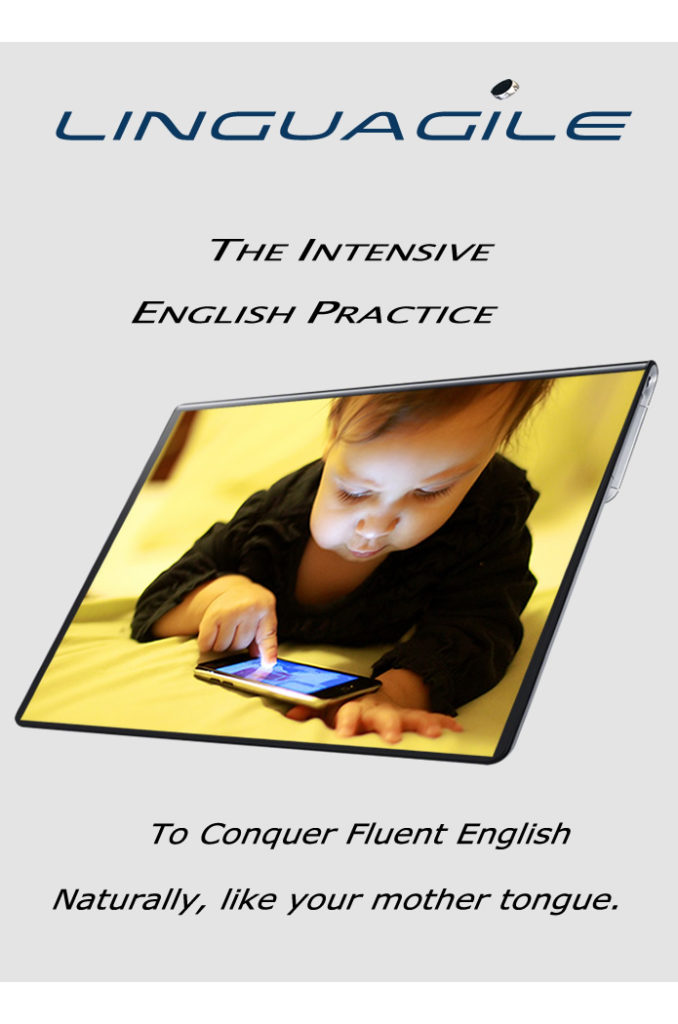
In Many Countries, Some Schools And Universities Still Follow A 200-Year-Old Lecture Model.
- They preserve rigid standards that discourage participation and comprehension.
- Making language learning excessively long, uninteresting, and unproductive.
- By encouraging too much competition, instead of stimulating curiosity and participation, some teachers complicate matters still further.
Language Learning Is Not A Logical Process.
Contrary to what many language teachers say, rules constrain more than stimulate advancement.
When you learned to speak, you were not required to follow rules.
If You’re Passionate About A Language,
Follow Your Passion,
And Let your curiosity Show You The Way.

See this article that I published recently:
The Amazing Power Of Music To Boost Language Learning.
Throughout my long and rewarding career in Brazil, the USA, and Germany, I have often been called by clients and friends who were looking for a more effective way to reach fluency in a foreign tongue. So, I decided to share the first steps of The Intensive Language Practice for free.
You’re invited to A Voyage Of Unlimited Discoveries And Personal Growth
Bring your most important companion: your Inner Child.
This creature who’s too often forgotten. And who has unlimited curiosity.
A lot of enthusiasm and desire to know what the World has to offer.









